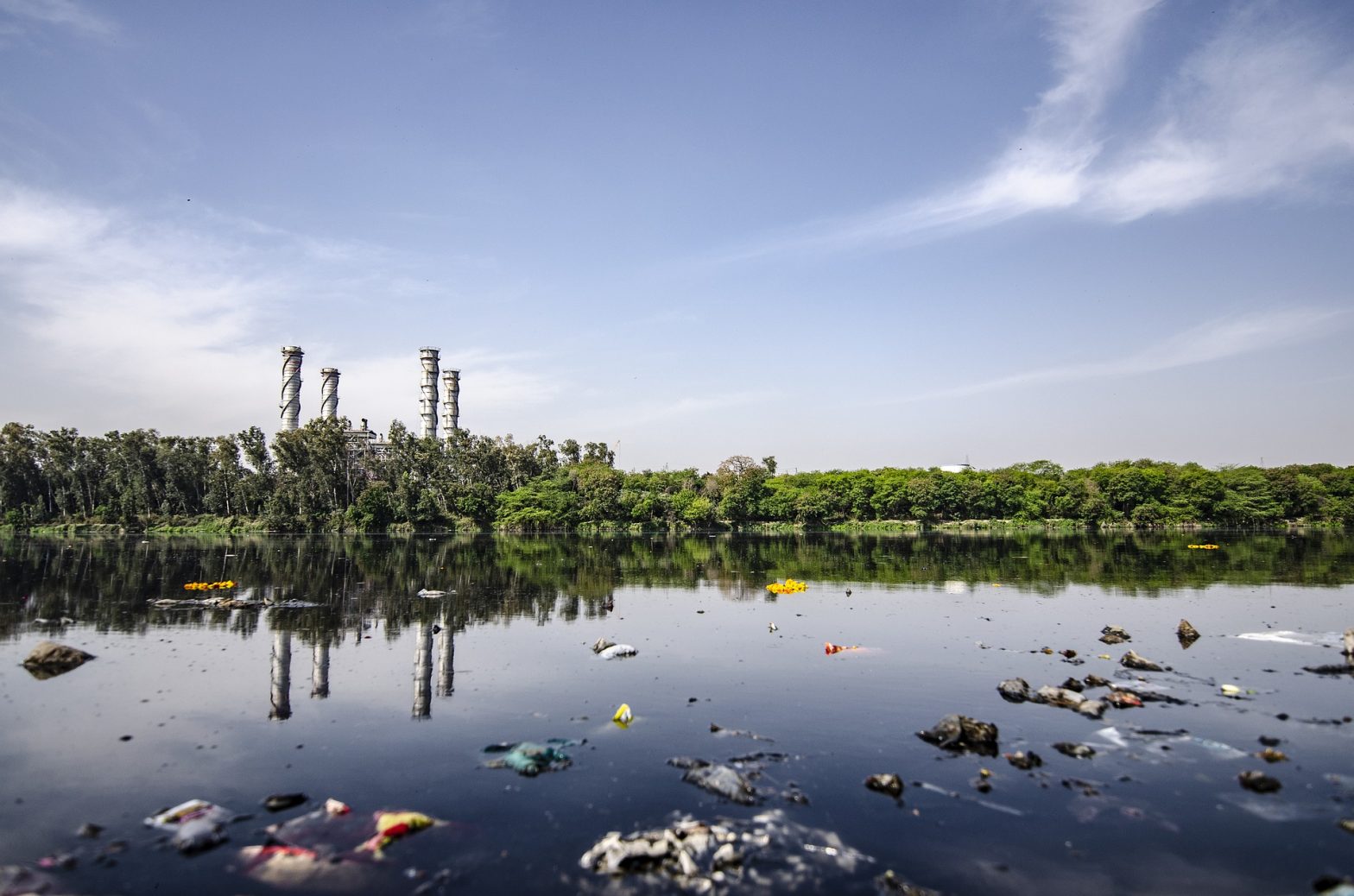Countries Negotiating First Legally Binding Global Agreement to End Plastic Pollution

WASHINGTON — Countries have been negotiating limits on plastic use for years, but China’s 2018 announcement that it would stop accepting 24 kinds of plastic scrap import waste from foreign countries was undoubtedly a spark that ignited 175 countries of the United Nations to pass a resolution in March of this year to negotiate the world’s first legally binding instrument to end plastic pollution.
This treaty seeks to eliminate plastic pollution by addressing the full life cycle of plastic — from production to use and disposal. While it is not an end to the use of plastics, it does seek to regulate global plastic by harmonizing standards, outlining predictable national targets and assisting nations with long-term operational and investment decisions.
The aim is to complete a draft treaty by 2024.
“This is a very ambitious timeline… which is a testament that countries are so passionate about this,” Larke Williams, lead negotiator of the Global Plastic Treaty for the United States, told The Wilson Center, a non-partisan policy forum.
“Many countries have done a lot of bilateral assistance… but it was not enough to push us over the edge to make progress,” Williams admitted.
“The solutions we have now are not going to be the solutions that get us out of this problem. I expect we’ll see… exponential growth in the solutions that come out of this [treaty negotiation].”
While some countries have already limited or banned single-use plastics, plastics are not currently subject to any single international treaty regime. The U.S. and Japan, two of the top consumers of single-use plastics, have committed to step up their efforts and push forward a roadmap for success.
Williams claimed that the U.S. Department of Energy is looking at materials that can be potential alternatives to plastic. Japan is intensely focused on improving waste management, especially in developing countries, which it has found dramatically affects environmental plastic pollution.
“We both have a tape measure to… prevent plastics from entering the ocean,” Ko Morishita, a Japanese representative said.
“The adoption of the U.N. resolution was a landmark achievement,” his colleague, Hiroshi Ono, added. “Our hope is to build a legally binding agreement… addressing the whole life cycle of plastic” including biodegradable materials and innovative elements included in an implementation framework.
“I do hope that innovative solutions are… included in the treaty and that [we] could encourage all the industries and universities and other innovators to come into the world of plastic pollution mitigation issues.”
While over the years the United Nations Environment Assembly has considered plastic pollution concerns from a variety of aspects, its work has evolved from marine pollution and microplastics to a more comprehensive and historic resolution, End Plastics Pollution: Towards a Legally Binding Instrument.
The resulting treaty will look to limit or reduce plastic pollution while also establishing an international government negotiating committee with a legally binding instrument to focus on plastic pollution and figure out the next steps forward.
Particular aspects of negotiations that Williams has found appealing include its country-driven approach and multi-stakeholder agenda. She suggested that countries would be able to structure their own provisions in areas where it will be most impactful for them and in line with their national circumstances and capabilities, which will be reported and updated in national action plans.
Countries will also likely recruit assistance from private industry and environmental groups.
“We recognize that… it’s not just governments that can solve the problem alone,” Williams said, pointing to interest from the private sector, civil society, and sub-national governments to contribute to mitigation efforts as well.
“I think we’re going to need solutions across the life cycle,” she said. “I think there are ways to approach this from the demand side and the supply side. There is no silver bullet because there are so many aspects to this, and so many types of plastic. But we need to start somewhere and probably need to strengthen as time goes on.”
At the end of May, an open-ended working group will take up further discussions in Dakkar, Senegal, with negotiations planned to continue at the as-yet unscheduled future Intergovernmental Negotiating Committee meeting later this year. When the committee has completed its work on the draft text, UNEP will hold a diplomatic conference to formally adopt the new treaty.
Kate can be reached at [email protected]

























